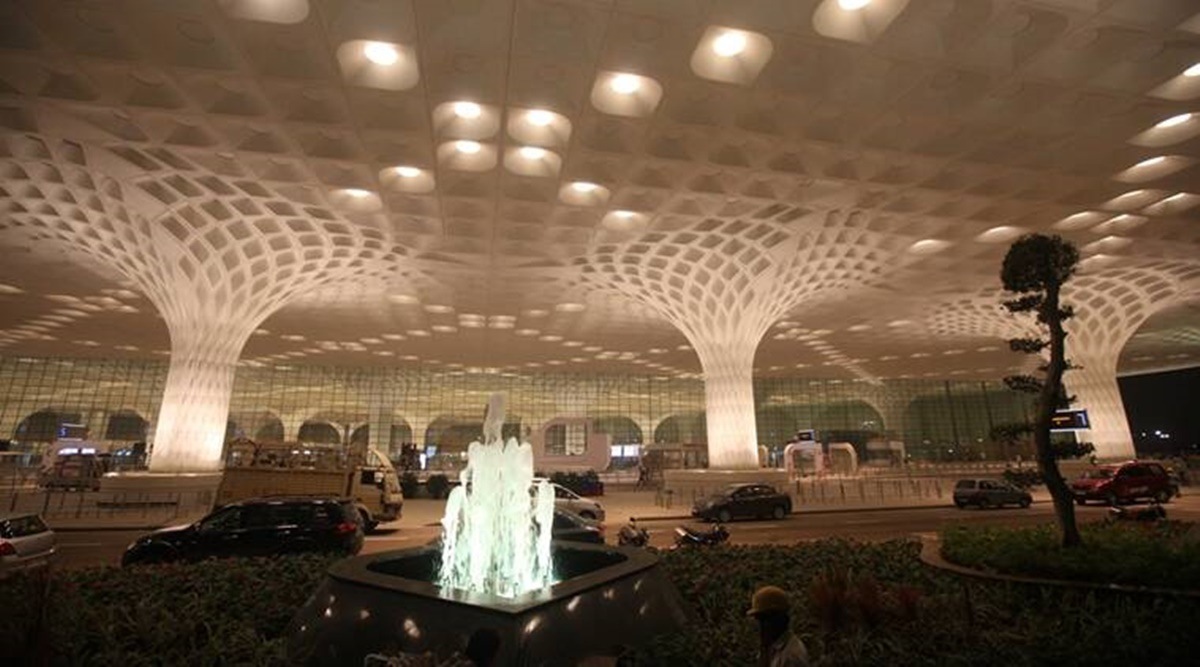 Also, surveillance officers have to be extra vigilant as it is challenging for an infected passenger to remember if any fellow person was exposed to him/her for more than five minutes while traveling. (File)
Also, surveillance officers have to be extra vigilant as it is challenging for an infected passenger to remember if any fellow person was exposed to him/her for more than five minutes while traveling. (File) IT IS an uphill task to trace “sporadic” close contacts of passengers coming from countries “at risk” for Covid-19 variant Omicron, surveillance officers said.
A close contact is defined as a person who has been within 2 m or 6 ft from a person infected with Covid-19. Even being coughed upon by a person with Covid-19 infection can qualify one as a close contact. Also, surveillance officers have to be extra vigilant as it is challenging for an infected passenger to remember if any fellow person was exposed to him/her for more than five minutes while traveling.
Maintaining that officers have to seek help from neighbouring states as well to trace close contacts, Zilla Parishad Chief Executive Officer Ayush Prasad said, “If a close contact is residing in Maharashtra but doesn’t mention the current address in identity cards like Aadhaar or passport, we have to contact the district officers from his/her native place to trace him/her.”
The airlines are also assisting the officers in identifying the close contacts of fliers by providing details of seating arrangements. Further, details are being sought from online cars service providers to track the drivers who ferried such people.
Despite the stringent surveillance, some international fliers have gone untraceable as of result of incomplete addresses and wrong phone numbers. Health Minister Rajesh Tope said, “We are taking all possible measures to trace them through the registered phone numbers, address given on passport…”
A total of 38,660 international passengers arrived at Mumbai, Pune and Nagpur airports between December 1 and 8. Among them, 7,930 fliers were from “at-risk countries” and 38,660 from other countries. In all, 8,925 passengers underwent RT-PCR testing at these airports — 7,930 from “at-risk countries” and 995 from others.
- The Indian Express website has been rated GREEN for its credibility and trustworthiness by Newsguard, a global service that rates news sources for their journalistic standards.

